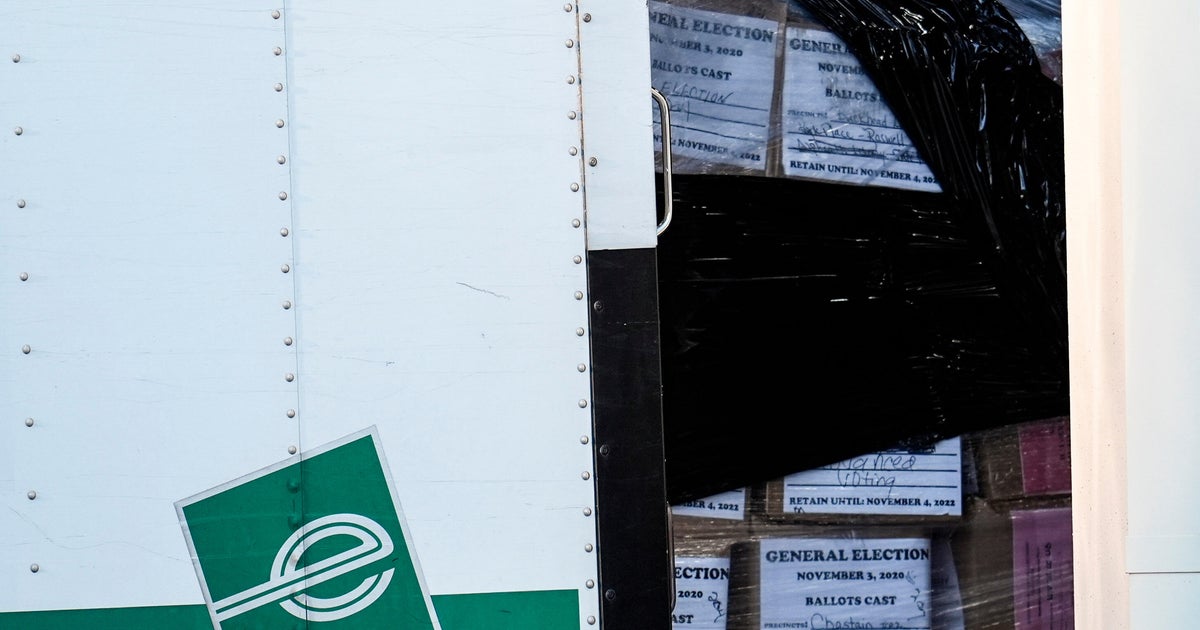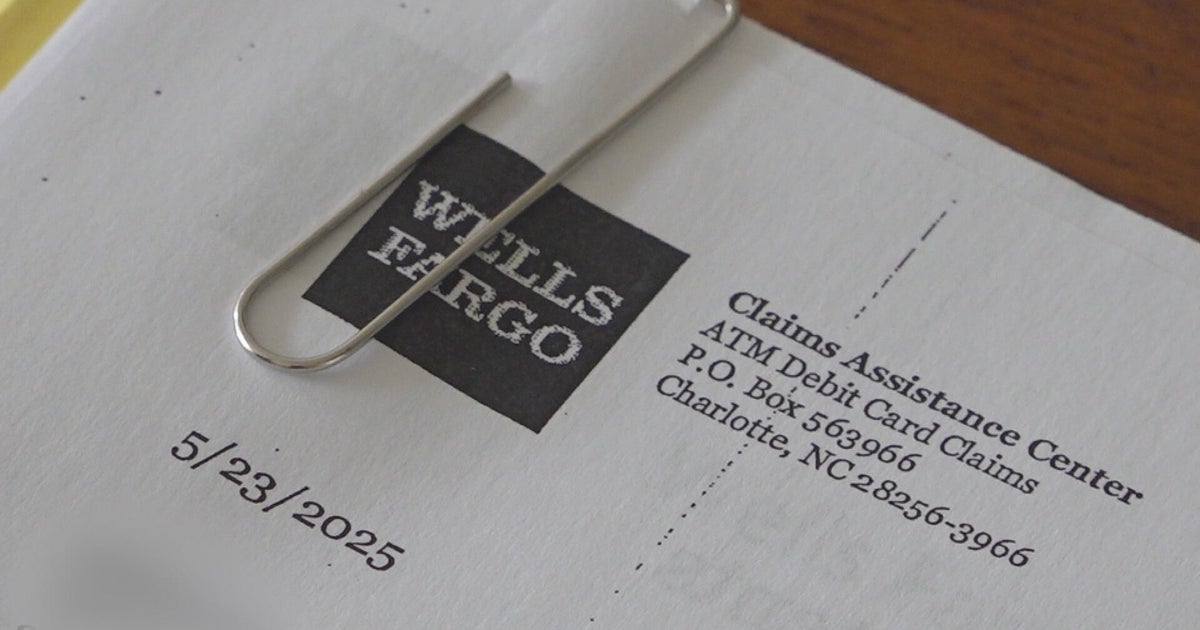Ban On Single-Use Plastics Gets Initial Approval In Marin County
SAN RAFAEL (CBS SF/BCN/AP) -- Marin County supervisors gave their initial approval Tuesday of a ban on the use of single-use plastic containers and utensils at restaurants, bakeries and other businesses that sell food.
The ordinance, which the board approved unanimously, will require businesses to offer to-go food containers made of fiber-based compostable material, as certified by the Biodegradable Products Institute, although the county will continue to allow the use of aluminum foil to package food.
Food containers and utensils at dine-in businesses will also be required to be reusable, with exceptions for some items like paper napkins and straws.
Businesses will only be allowed to offer so-called "food accessories" like cup sleeves, lids and stirrers upon request and those they provide must also be fiber-based compostable products, according to county officials.
For businesses like coffee shops that continue to offer disposable cups, the county will require the addition of a $0.25 surcharge.
The additional charge can also be waived for those receiving food stamp benefits or those who bring their own cup or container.
Sarah Jones, the assistant director of the county's Community Development Agency, told the board Tuesday that county staff estimates the switch to reusable food containers and other products would reduce the county's plastic use by some 100 million items each year.
"By switching to reusable products or compostable products, we are taking the material that was going into the landfill and putting it in our composting systems or not having it go into the system in the first place," Jones said.
The county first began exploring a ban on single-use plastic to-go products in 2019, but paused outreach to local businesses in early 2020 when the COVID-19 pandemic began.
That outreach - which included more than 20 meetings with local restaurant owners and business groups, a food vendor survey and a county resident survey - resumed in May 2021.
The county also operated a grant program in the second half of last year to provide grants of up to $500 to help local food vendors purchase reusable food containers and other products.
According to county officials, roughly 25 percent of businesses across Marin County have used funds from the grant program.
The ordinance would not be the first in the county with the goal of limiting waste. In 2009, the county banned the use of polystyrene foam - commonly known by the Dow Chemical Co. designation, Styrofoam - to package and sell food.
The ordinance would only apply in unincorporated parts of the county while each municipality would be tasked with establishing its own policies on plastic foodware.
Similar bans on single-use plastic food containers have also been approved in the Marin County cities of San Anselmo, Fairfax and Sausalito and in the counties of Alameda, San Francisco, San Mateo, Sonoma, and Santa Cruz. Other Bay Area cities also have their own bans.
Such ordinances require plates, cups, straws and utensils to be made out of natural-fiber material such as paper, sugarcane, bamboo or wood.
Food facilities will also have to regulate their use of disposable items like straws, stirrers, condiment packs, napkins and more. Under the ordinance, these should only be given to customers when requested or at a self-service area.
In California, an initiative that would require state regulators to reduce plastic waste has qualified for the November 2022 ballot. If passed, the law would compel the state to take multiple steps to reduce plastic waste. Producers of single-use plastic packaging would be taxed, with the revenue allocated for recycling and environmental programs.
It is estimated that 12 million tons of plastic waste end up in the oceans each year and the flow is expected to triple by 2040. According to organizers of a 2021 Geneva environmental conference, nearly 5 billion tons of plastic produced since the early 1950s has ended up in either landfills or in the natural environment.
© Copyright 2022 CBS Broadcasting Inc. All Rights Reserved. The Associated Press contributed to this report.







